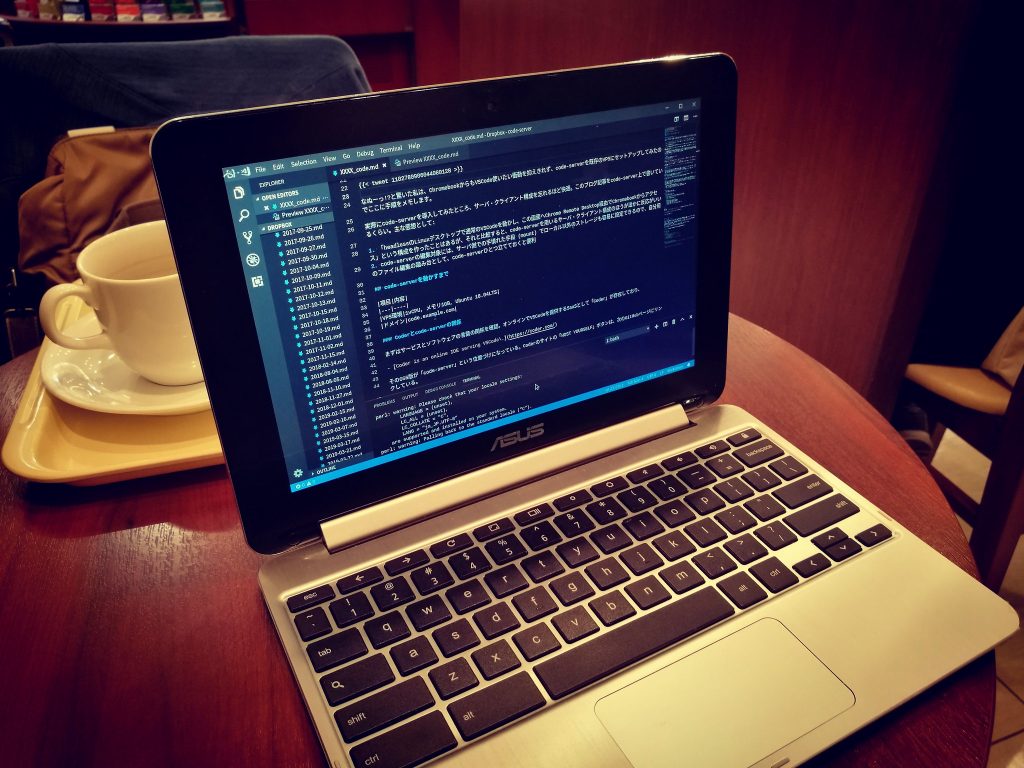Alert: Malicious PyPI Package ‘Fabrice’ Steals AWS Keys, here is what you need to know. A Quick look.
Introduction
A malicious Python package named ‘fabrice’ has been discovered on the Python Package Index (PyPI), posing a significant threat to developers. This package mimics the popular ‘fabric’ library used for automating shell commands over SSH, but instead, it steals AWS credentials from unsuspecting users. Since its release in March 2021, ‘fabrice’ has been downloaded over 37,100 times, deceiving developers into installing it.

The Threat Unveiled
The Socket Research Team identified ‘fabrice’ as a sophisticated piece of malware designed to exploit the trust developers place in well-known libraries. The package uses the Boto3 AWS SDK for Python to gather AWS access and secret keys from infected systems. These stolen credentials are then exfiltrated to an external server controlled by the attacker. By obtaining these keys, attackers can access sensitive cloud resources, potentially leading to significant security breaches for affected organizations.
How ‘Fabrice’ Operates
On Linux Systems
On Linux systems, ‘fabrice’ employs a function called linuxThread() to download, decode, and execute scripts from an external server. It targets hidden directories and uses obfuscation techniques to avoid detection. The function creates a hidden directory (~/.local/bin/vscode) to store its downloaded payloads, making it difficult for users to spot any anomalies. The obfuscated URL connects to an IP address (89.44.9.227), which is linked to a VPN server in Paris, to download the scripts.
On Windows Systems
For Windows systems, ‘fabrice’ uses a function called winThread(), which relies on base64-encoded payloads to craft malicious script execution and persistence mechanisms. The Visual Basic Script (VBS) generated by ‘vv’ runs a hidden Python script without user consent, while ‘zz’ downloads a supposed executable (chrome.exe) and sets up persistence by creating a scheduled task.
The Impact and Mitigation
The discovery of ‘fabrice’ highlights the growing threat of typosquatting in the developer community. Attackers exploit subtle naming differences to infect systems and steal sensitive data. Developers are advised to:
- Verify package sources and exercise caution when using external dependencies.
- Secure development environments to prevent the introduction of malicious packages.
- Stay vigilant against such attacks by regularly auditing dependencies and using tools that check for known vulnerabilities.
By following these best practices, developers can significantly reduce the risk of falling victim to such attacks.
Conclusion
The ‘fabrice’ package serves as a stark reminder of the importance of cybersecurity in the development process. By staying informed and adopting best practices, developers can protect their systems and sensitive data from malicious actors. The ongoing battle against malware requires constant vigilance and proactive measures to ensure the safety of cloud resources and development environments.
You think you have a story worth everyone’s time? SUBMIT A STORY and we will publish it
Share this content:




Post Comment